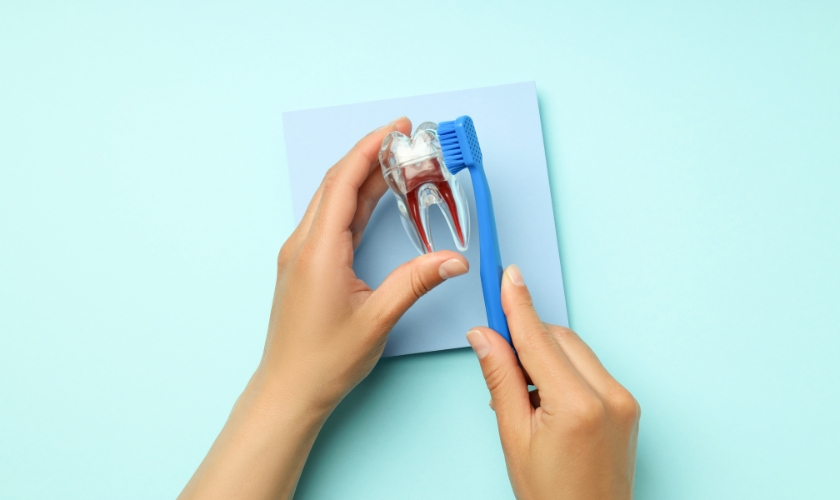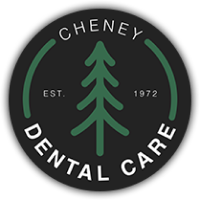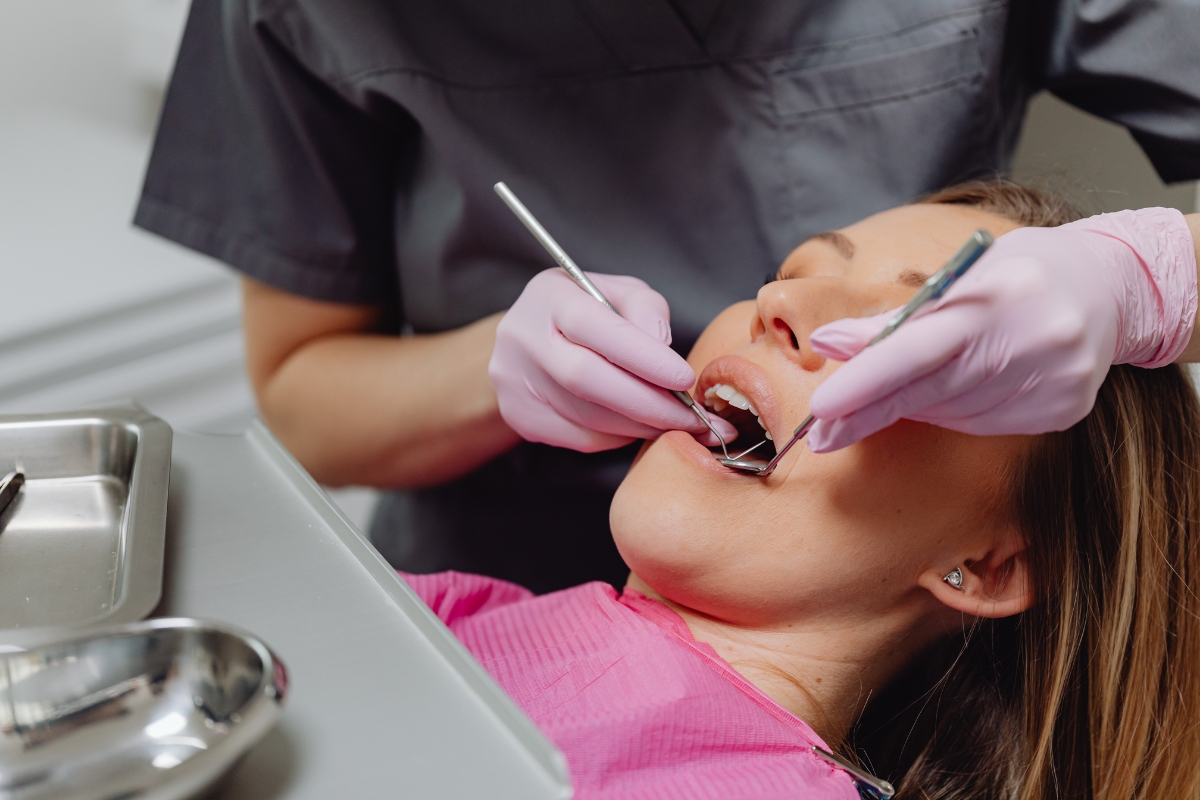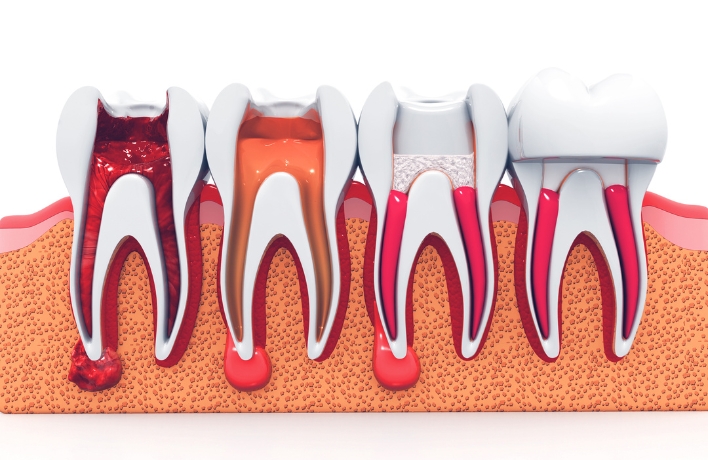Aftercare Tips For Root Canal

A root canal procedure might sound intimidating, but the reality is that it’s a common and effective solution for saving a severely infected or damaged tooth. While the procedure itself is usually well-tolerated, some discomfort is to be expected during the recovery phase. But with some simple aftercare tips, you can minimize discomfort and ensure a smooth, pain-free return to your normal routine. Today’s blog is all about understanding root canal procedures- how they effectively save severely infected or damaged teeth, managing expected discomfort during recovery, and implementing simple aftercare tips for a smooth, pain-free return to your normal routine.
Recovery Essentials: Navigating The First 24 Hours After Your Root Canal Surgery
- Pain Management: Your dentist will likely prescribe pain medication to manage any post-procedural discomfort. Take it exactly as directed to stay ahead of any potential pain. Non-prescription pain relievers can also be helpful.
It is essential to discuss any pain management strategies with your dentist to ensure they are appropriate for your specific situation and to avoid any potential interactions with other medications you may be taking.
- Dietary Modifications: Stick to soft foods like mashed potatoes, yogurt, applesauce, and soups for the first 24-48 hours. Avoid foods that could irritate the treated tooth and hinder healing. Following proper dietary guidelines is a must to promote a smooth recovery and reduce the risk of complications, ensuring that your dental procedure is successful and comfortable.
- Ice Therapy: Swelling and inflammation are common after a root canal. Take a cold compress wrapped in a thin towel to your cheek near the treated area for 15-20 minutes at a time, with breaks in between. Repeat this process as needed throughout the day to reduce swelling.
Cold therapy constricts blood vessels, which can help minimize inflammation and promote healing in the affected area. Additionally, maintaining a slightly elevated head position while resting can further aid in reducing swelling. Incorporating these practices into your post-root canal care routine can contribute significantly to a smoother recovery process and enhance your overall comfort.
- Rest and Relaxation: Your body needs time to heal, so take it easy for the first 24 hours after your root canal treatment in Cheney, WA. Avoid strenuous activity or exercise that could increase blood pressure and worsen discomfort.
Instead, focus on gentle movements and activities that promote relaxation, such as light stretching or walking. Taking regular breaks to elevate your feet can also aid in reducing swelling and promoting circulation. Additionally, maintaining a calm and stress-free environment can contribute to a smoother recovery process.
Long-Term Aftercare:
- Gentle Oral Hygiene: Maintaining good oral hygiene means promoting healing and preventing infection. Brush twice a day with a soft-bristled toothbrush and fluoride toothpaste. Be gentle around the treated tooth, especially for the first few days. Flossing is equally important, but use caution and avoid aggressive flossing near the treated area. Consider using a soft interdental brush for gentle cleaning around the crown.
- Warm Saltwater Rinses: Warm saltwater rinses can help soothe any discomfort and promote healing. Add a teaspoon of salt into the cup of hot water and gently swish for 30 seconds, several times a day, especially after meals and before bedtime, to help keep the treated area clean and aid in reducing inflammation. The saline solution helps to create a gentle cleansing effect while also providing a soothing sensation to the gums and tooth socket.
- Monitor the Area: Pay attention to how the treated tooth feels. Some mild sensitivity is normal, but if you experience severe pain, persistent swelling, or any unusual symptoms, contact your dentist right away. Daily inspect the area around the treated tooth for any signs of redness, excessive tenderness, or discharge, which could indicate a complication requiring professional attention.
Keeping a close watch on these symptoms allows for timely intervention if needed, ensuring that any issues are addressed promptly to support your dental procedure’s success.
Additional Tips for Optimal Healing:
- Avoid Smoking and Alcohol: Smoking & consuming alcohol can impede healing and elevate the risk of infection. Aim to abstain from both for at least a few days after your root canal. This will help ensure your root canal treatment in Cheney, WA, heals effectively, promoting long-term dental health.
- Temporary Crown Care: If a temporary crown was placed, be mindful of what you eat to avoid damaging it. Avoid chewing hard foods or sticky candy on the temporary crown, as this can compromise its stability and effectiveness during the interim period.
- Permanent Crown Placement: In most cases, a permanent crown will be fitted onto the treated tooth within a few weeks after the root canal procedure. Make sure to attend your follow-up appointment to have the permanent crown placed.
By following these simple aftercare tips, you can significantly improve the recovery process of your root canal treatment in Cheney, WA. Remember, a little TLC goes a long way in ensuring your treated tooth heals properly and lasts for years to come. Don’t hesitate to contact your dentist with any questions or concerns you might have during your recovery process.
Frequently Asked Questions
Yes, some mild discomfort is common after a root canal. Pain medication can help alleviate it. If you experience severe or persistent pain, it’s advisable to contact your dentist.
Stick to soft foods for the first few days to allow the treated area to heal. Gradually reintroduce harder foods, but avoid excessively hard or sticky ones.
Most people experience minimal discomfort within a few days after a root canal. However, complete healing can take several weeks.
Yes, it’s essential to maintain good oral hygiene after a root canal. Use a soft-bristled toothbrush and fluoride toothpaste, brushing gently to keep your teeth and gums healthy.
Leaving the treated tooth without a permanent crown can make it more susceptible to fracture and re-infection. It’s crucial to have a permanent crown placed for optimal protection and function.



